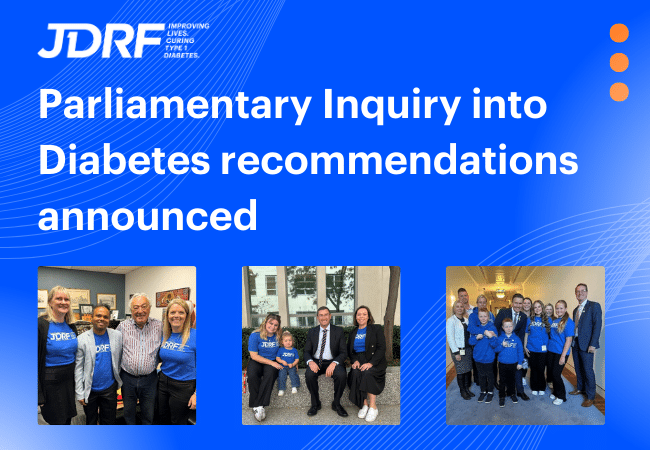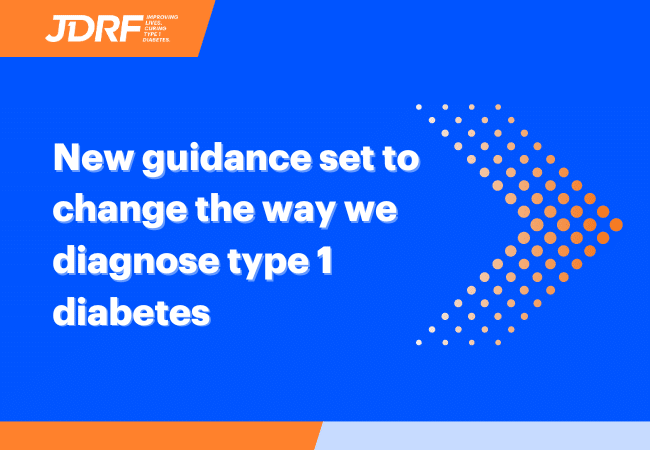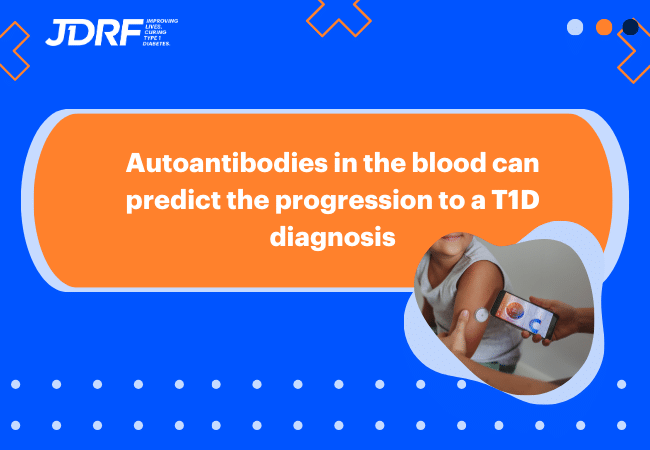How to lose weight safely with type 1 diabetes
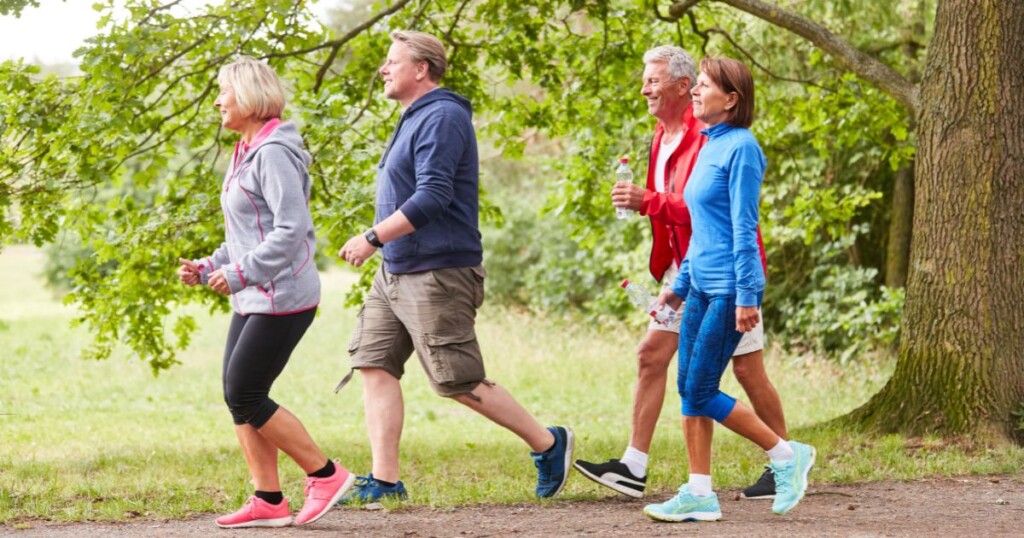
This post was developed in collaboration with T1D nutritionist & personal trainer Andi Balog.
Download your FREE guide for adults living with T1D.
Before you were diagnosed with type 1 diabetes (T1D), it’s likely you lost a considerable amount of weight over a very short time. This weight loss occurs due to a two main factors:
- Fat loss: Your body burned fat for energy rather than burning glucose (since the glucose was not available for energy without insulin)
- Dehydration: Around half of the weight loss would have been caused when blood glucose levels rose, and your kidneys started to work overtime to filter the ‘excess’ glucose.
With all this in mind, it’s no wonder that you might have regained several kilograms over the first week after commencing insulin therapy. It’s completely normal. As your body becomes rehydrated, the excess glucose is taken up by your cells and your kidney function returns to normal. In the longer term, your body will also replace the fat stores you lost in the lead up to your diagnosis.
Weight gain can be a common result of managing T1D due to:
- taking too much insulin and eating to match your insulin
- treating multiple hypos daily/weekly
- inactivity due to fear of highs and lows
- over-consumption of calories when trying to eat low carb (these foods are often higher in fat and therefore higher in calories).
One of the roles insulin plays is to store fat in your body. So, if you eat more than your body requires, your body will store any excess energy as fat.
It can all be very complex when coupled with the extra decisions you need to make every day just to manage your T1D! So, if you’re looking to kick off your weight loss journey, where can you start?
It is absolutely possible to lose weight with the right strategy, mindset and approach. Here are our top tips for losing weight safely with T1D.
Take a look at your insulin settings
If your insulin settings aren’t quite right, you will more than likely be taking more insulin than your body requires. This will lead to more hypos (and rebound highs), and therefore more hypo treatments, which can quickly have you over-eating and gaining weight.
Eat a balanced diet that considers your needs, preferences & intolerances
If you’re gaining excess weight, you’re eating more than your body needs for fuel. Surprisingly, servings that are just a ‘little’ too large can add up quite quickly. Certain foods and drinks, such as cakes, hypo treatments, low carb foods like nuts and cheese, and alcohol are very energy dense, so small amounts can throw your energy balance out.
While you can still eat and drink these foods in moderation, they need to be balanced with the rest of your daily or weekly intake. Your daily food requirements will be effected by a number of things including: your activity level, job, age, height, weight, muscle and fat percentage, life stage (e.g. puberty/adolescence or breastfeeding), gender and hormones.
Reduce your portion sizes
Reducing how much you eat at each meal or snack is a balanced and healthy way to lose weight. You don’t have to cut out all of your favourite foods to achieve and maintain weight loss. Even just a little reduction in food goes a long way long term!
You could consider having a handful less at each meal or snack, or halving each meal or snack if you’re aiming to lose a larger amount of weight.
Increase incidental activity & include resistance training
Consider working some more movement that you enjoy into your day! It’s really important to make being active fun, enjoyable and achievable for you, because that means you’ll want to stick to it long term.
Know that cardio isn’t the only (or best) way to lose weight long term. Resistance training is actually a lot more beneficial for a number of reasons for people of all ages. It increases your muscle mass and strength, which therefore increases your insulin sensitivity and the amount of calories you burn at rest. Not only will you be able to lose weight easier and faster, but your blood sugars will also be positively effected!
Watch videos on how exercise can impact BGLs.
Avoid behaviours that put your health at risk
Some people who live with T1D may restrict or miss insulin doses to induce weight loss (similar to the dangerous weight loss just prior to diagnosis). This is called diabulimia. This behaviour results in consistently high blood glucose levels, which over time increase the risk of serious complications of diabetes such as diabetic ketoacidosis (DKA) and eye, kidney, and nerve damage.
Asking for help early can prevent this becoming a problem for you. If you or anyone you know needs help with an eating disorder, contact a registered dietician or:
- Butterfly Foundation on 1800 33 4673
- National Eating Disorders Collaboration
- Lifeline on 13 11 14
- beyondblue on 1300 224 636
Talk to your healthcare professional
If you’re looking to lose weight in a safe and healthy way, you should talk to your endocrinologist or diabetes team for advice. A weight loss goal of 1 to 2kg a month is realistic. This can be achieved by being careful with your diet, increasing your exercise levels and adjusting your insulin accordingly.
Read more
- Visit Andi’s website or follow her on Instagram
- 5 things you need to know about type 1 diabetes and weight loss
- Hayley Ford’s T1D fitness journey
- Global type 1 diabetes exercise guidelines
For more information on losing weight and being body positive with T1D, download Straight to the Point.
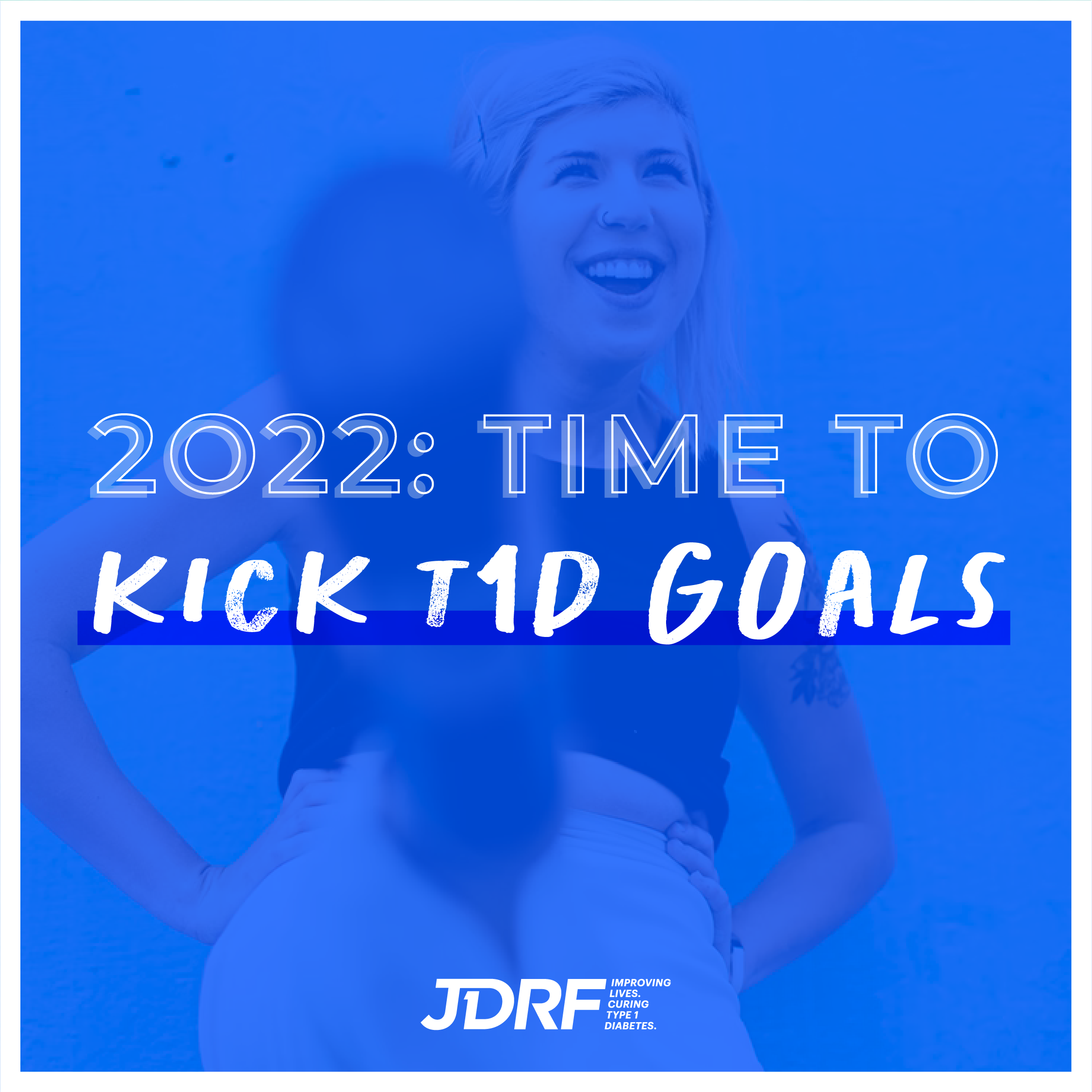
Want more tips on being body positive?
Fill out this form to have Straight to the Point: A guide for adults living with T1D sent directly to your inbox.

